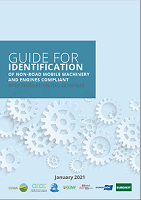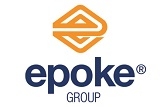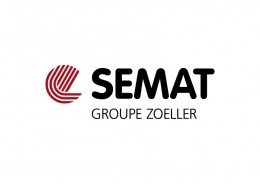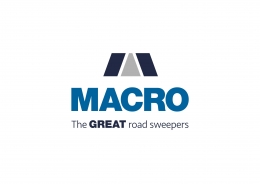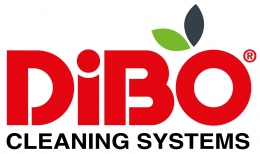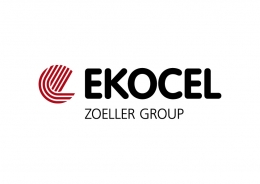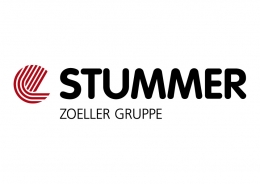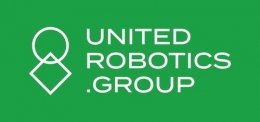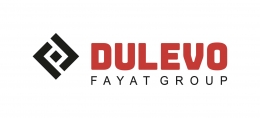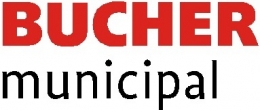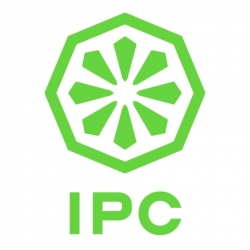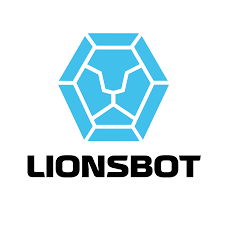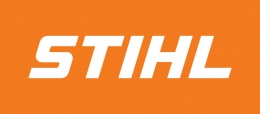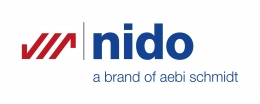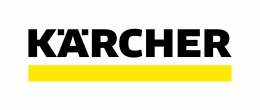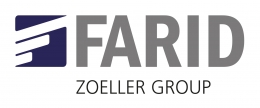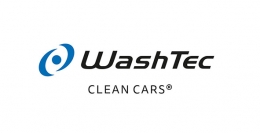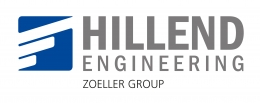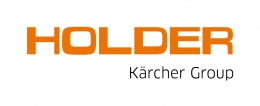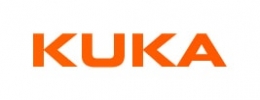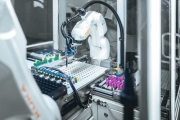
June 2020
Robots - innovative solutions leading the fight against Covid-19
The Corona pandemic has opened doors for fast development and deployment of robotic technology. Due to the highly infectious nature of the coronavirus, robots can provide contact-free alternatives. Robots have demonstrated their crucial role in this pandemic and how they can help in the future, particularly in three major areas:
Automated lab testing and production of personal protective Equipment
German robotics companies are increasingly shifting from fully automated production systems for the automotive and consumer goods industries, to automated manufacture of protective masks. For example, PIA Automation based in Amberg, Germany, initially revamped two existing production lines at its site in China for fully automated production of up to 140,000 protective masks per day. After this pilot project, the company is now working on numerous follow-up orders and has started manufacturing new assembly lines in Germany for the production of face masks. Mechanical engineering company Ruhlamat in Germany is another example of a company rapidly developing an automated production line for disposable surgical masks.
 Automated laboratory testing using robots is increasigly in demand in order to speed up the otherwise time-consuming blood testing process. At the Aalborg University Hospital in Denmark, two Kuka robots are sorting up to 3,000 blood samples for testing every day, allowing hospital staff to concentrate on more complex activities instead of having to spend hours performing routine tasks. The task was already automated before the Corona crisis and is now helping to relieve the strain on staff.
Automated laboratory testing using robots is increasigly in demand in order to speed up the otherwise time-consuming blood testing process. At the Aalborg University Hospital in Denmark, two Kuka robots are sorting up to 3,000 blood samples for testing every day, allowing hospital staff to concentrate on more complex activities instead of having to spend hours performing routine tasks. The task was already automated before the Corona crisis and is now helping to relieve the strain on staff.
Moreover, Researchers at University of Southern Denmark have developed a fully automatic robot capable of carrying out throat swabs for COVID-19 so humans don't have to put themselves at risk.
In Spain, authorities are set to deploy a fleet of robots to carry out 80,000 tests per day.
According to the German Mechanical Engineering Industry Association (VDMA), lab robots provide an invaluable alternative to carrying out tests manually, particularly with lab capacities being stretched to their limits and where test installations cannot be converted flexibly enough for test variants and new, modified test procedures.
Social Distancing
Strict social distancing requirements have likewise led to an increase in the use of service robots to assist and entertain nursing home residents or support the staff in clinics and hospitals as well as people in isolation.
 Lio, the mobile robot developed by F&P Personal Robotics, can play music, sing and dance, greet the patients and hand them a drink, food, or medication. Due to its multifunctional arm, Lio can support healthcare professionals in various capacities. It can measure body temperature and recognize if someone has a fever or not. By attaching a safe gripper to Lio's arm using UVC light, Lio can disinfect surfaces that are often touched in clinics and hospitals, like door handles, handrails, and elevator buttons. Lio easily takes care of these crucial surface areas that usually require a lot of patience and effort to disinfect. Lio is easy to use, well liked and accepted by people.
Lio, the mobile robot developed by F&P Personal Robotics, can play music, sing and dance, greet the patients and hand them a drink, food, or medication. Due to its multifunctional arm, Lio can support healthcare professionals in various capacities. It can measure body temperature and recognize if someone has a fever or not. By attaching a safe gripper to Lio's arm using UVC light, Lio can disinfect surfaces that are often touched in clinics and hospitals, like door handles, handrails, and elevator buttons. Lio easily takes care of these crucial surface areas that usually require a lot of patience and effort to disinfect. Lio is easy to use, well liked and accepted by people.
In Barcelona, Spain, the TIAGo Base robot of PAL Robotics can deliver food and it can carry objects like medication and samples around in hospitals and similar environments.
Service robots are also being put to good use in supermarkets informing customers on Covid-19 behavioral rules when shopping. In warehouses, the Covid-19 outbreak has companies looking to increase the use of robots for sorting, shipping and packing.
Hospital Disinfection
Robots are also being used to safeguard strict hygiene requirements. Specialized robots are helping disinfect hospitals by emitting concentrated UV-C light to eliminate bacteria and other harmful microorganisms. This allows medical facilities to guarantee a 99.9 percent disinfection rate, thereby reducing the  potential risk of Covid-19 infection to patients, hospital staff and their immediate families. For example, UVD Robots, the Danish manufacturer of ultraviolet-light-disinfection robots, and the winner of the euRobotics Technology Transfer Award 2020, has shipped hundreds of its machines to hospitals in China and Europe.
potential risk of Covid-19 infection to patients, hospital staff and their immediate families. For example, UVD Robots, the Danish manufacturer of ultraviolet-light-disinfection robots, and the winner of the euRobotics Technology Transfer Award 2020, has shipped hundreds of its machines to hospitals in China and Europe.
The German company InSystems (which now belongs to the Spanish Asti Group), has also developed a market-ready disinfection robot for hospitals.
A number of other companies are taking steps in the same direction. Experts say as more businesses re-open we can expect to see further adoption of this technology in other areas. "The Corona pandemic can give a boost to the development of Service Robots," said Patrick Schwarzkopf, Director of EUnited Robotics and Managing Director of VDMA Robotics + Automation.
Industrious Brussels EU District, Avenue des Arts 6-9, 1210 Brussels, Belgium, +32 490 57 57 65
Transparency Register number: 0289344948-82





